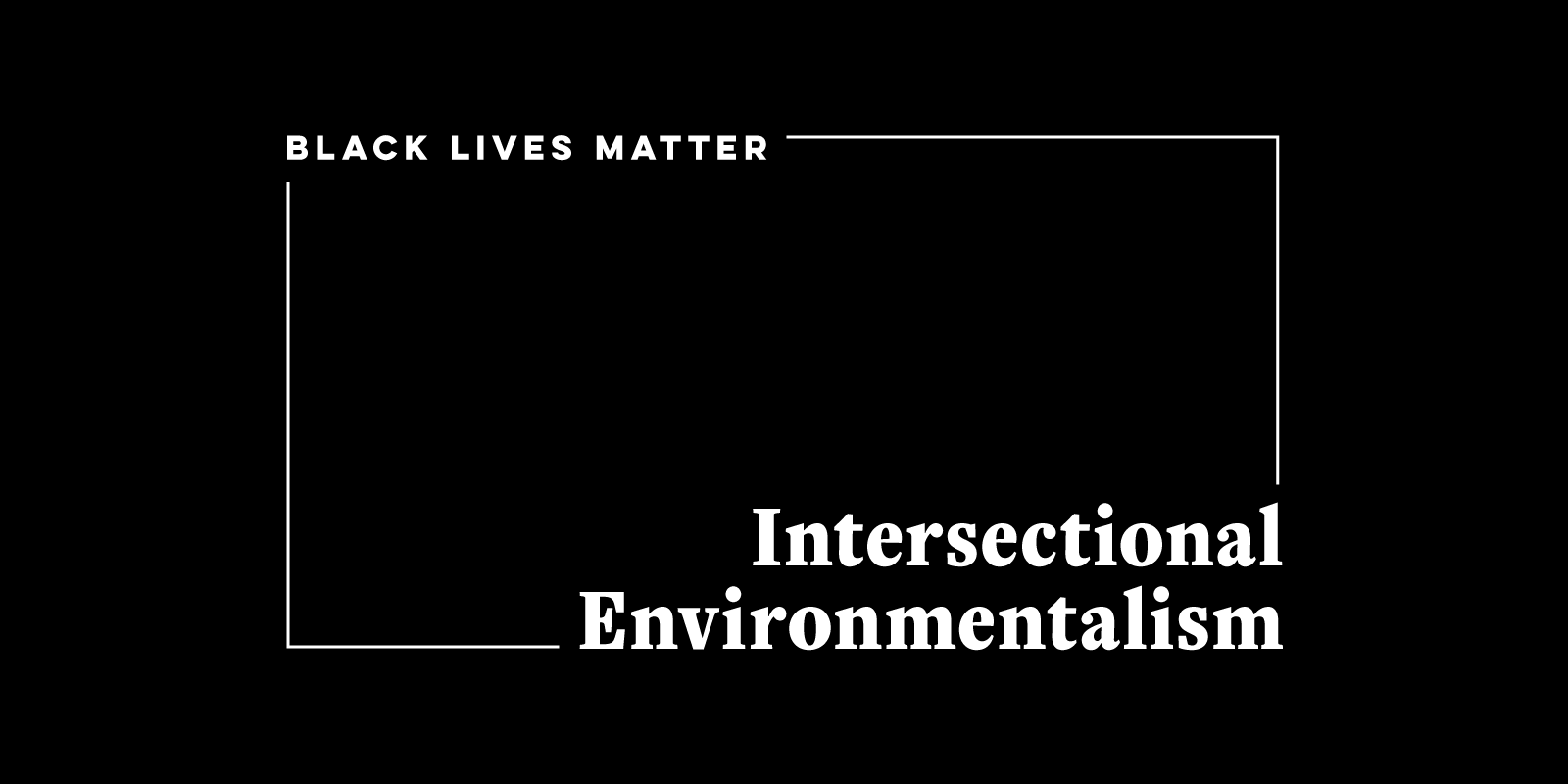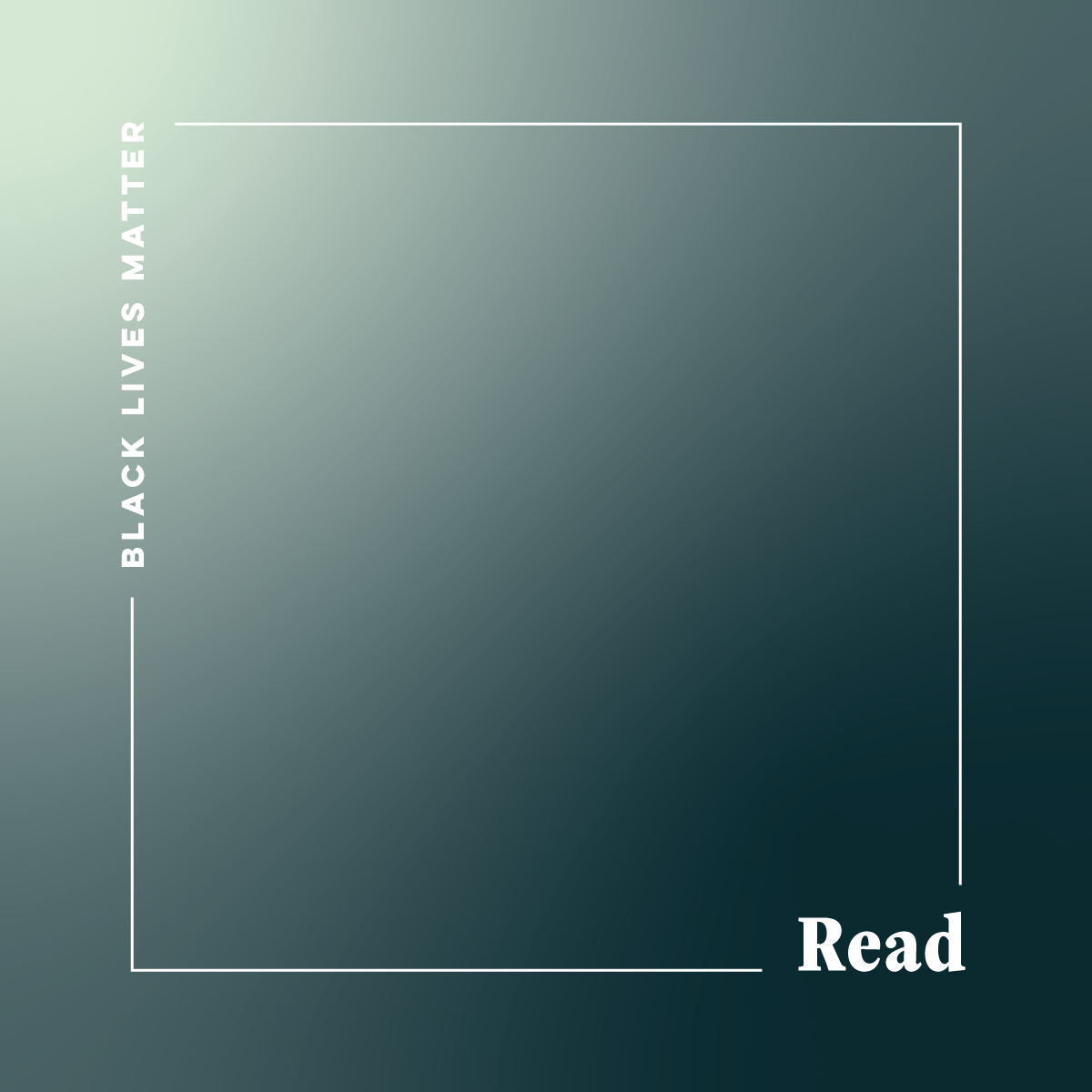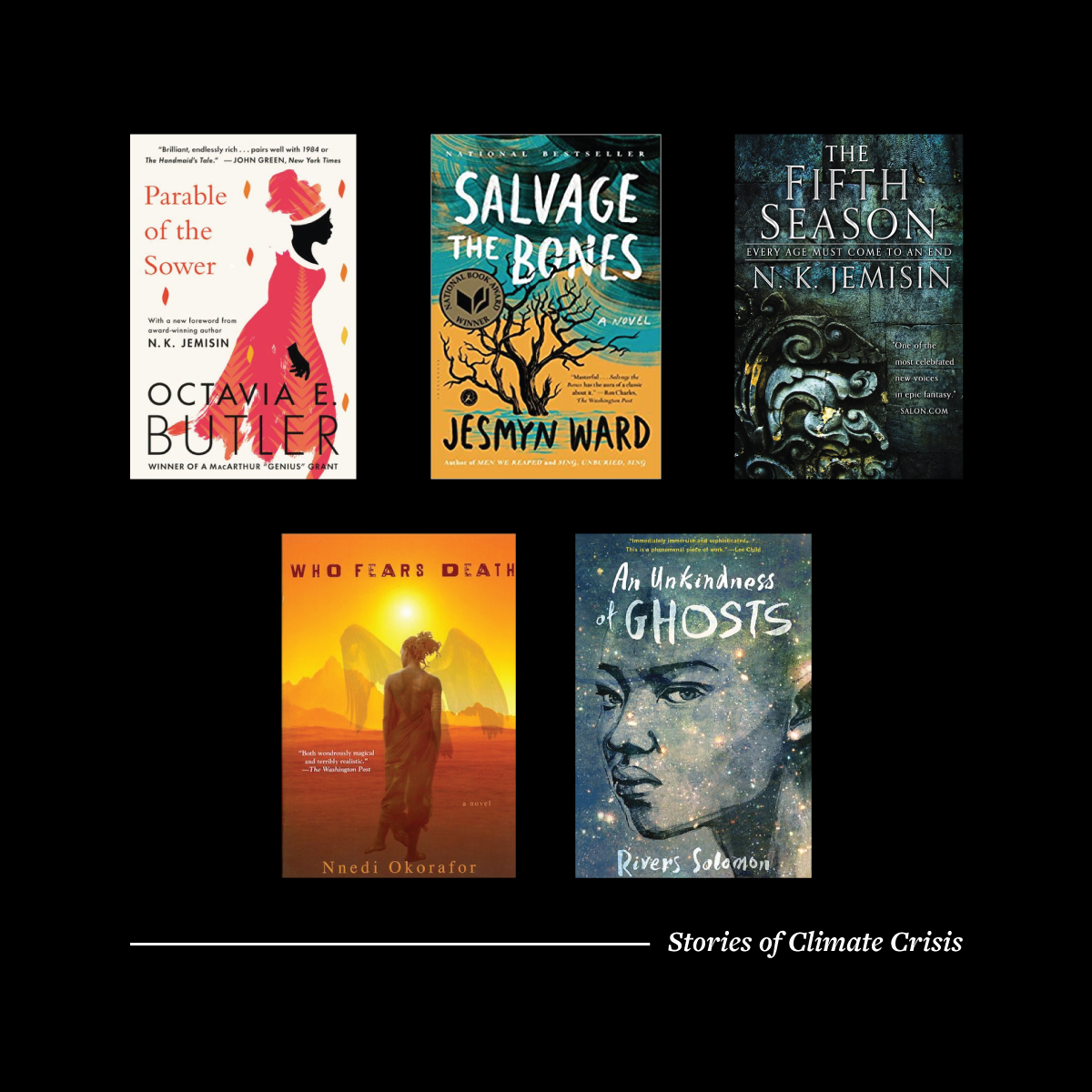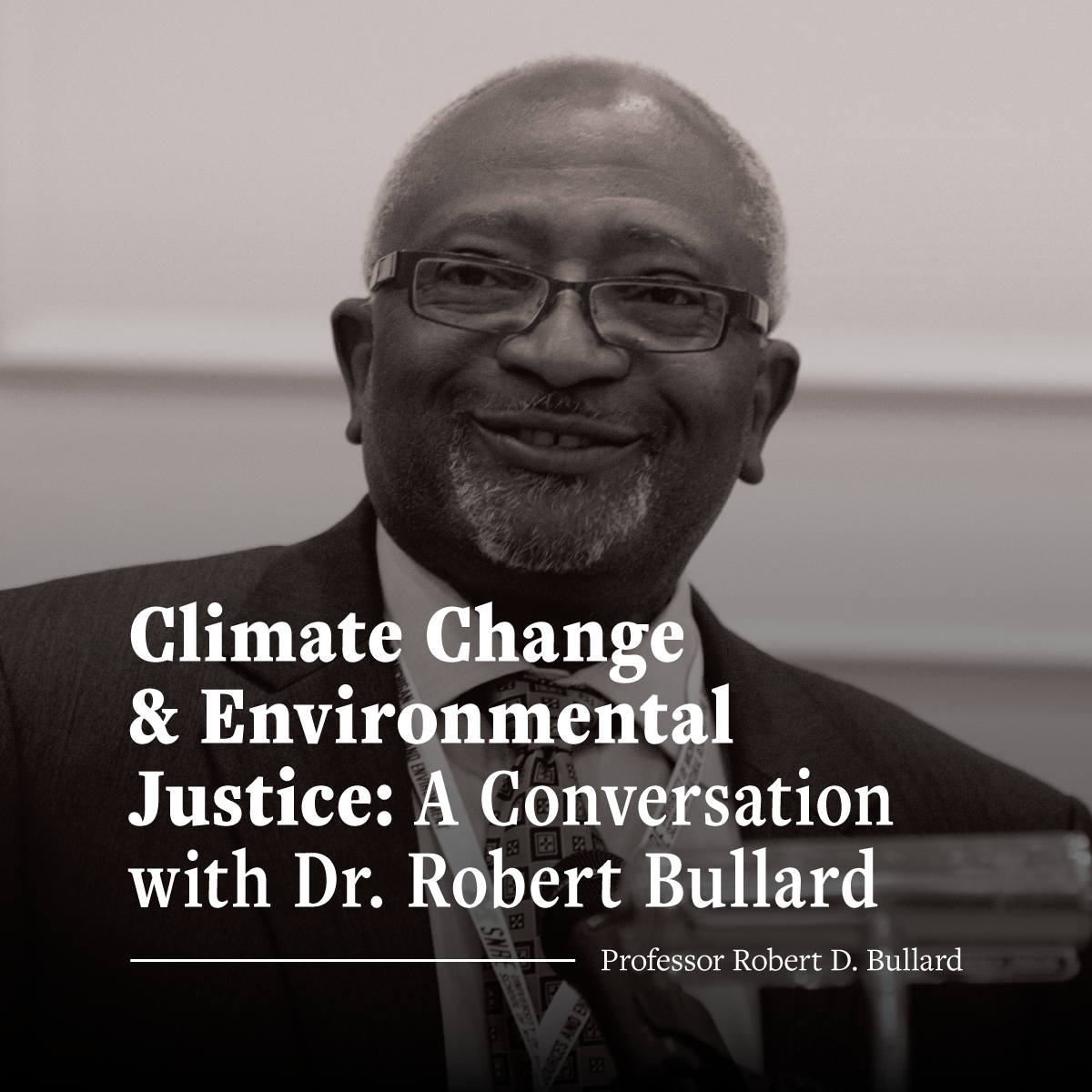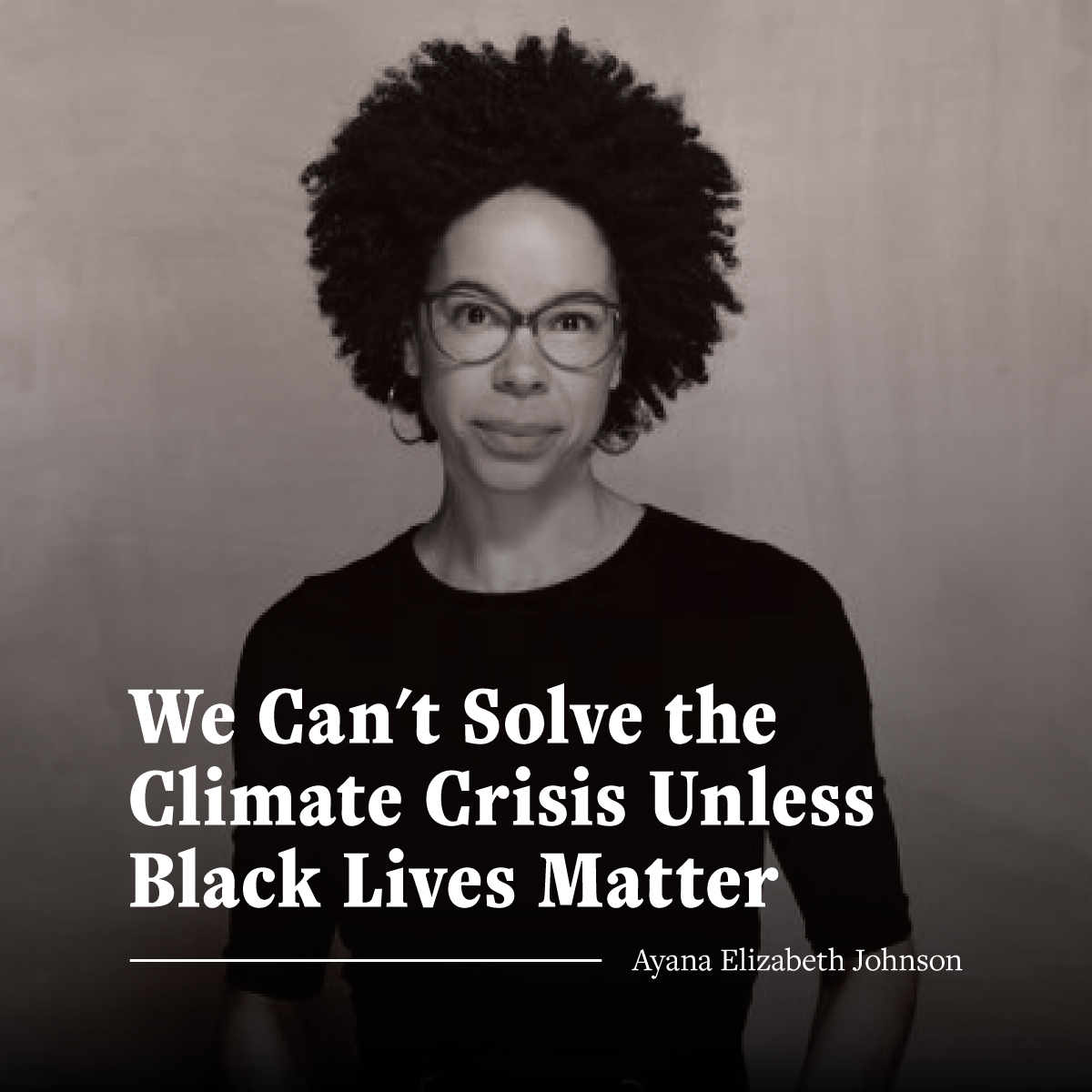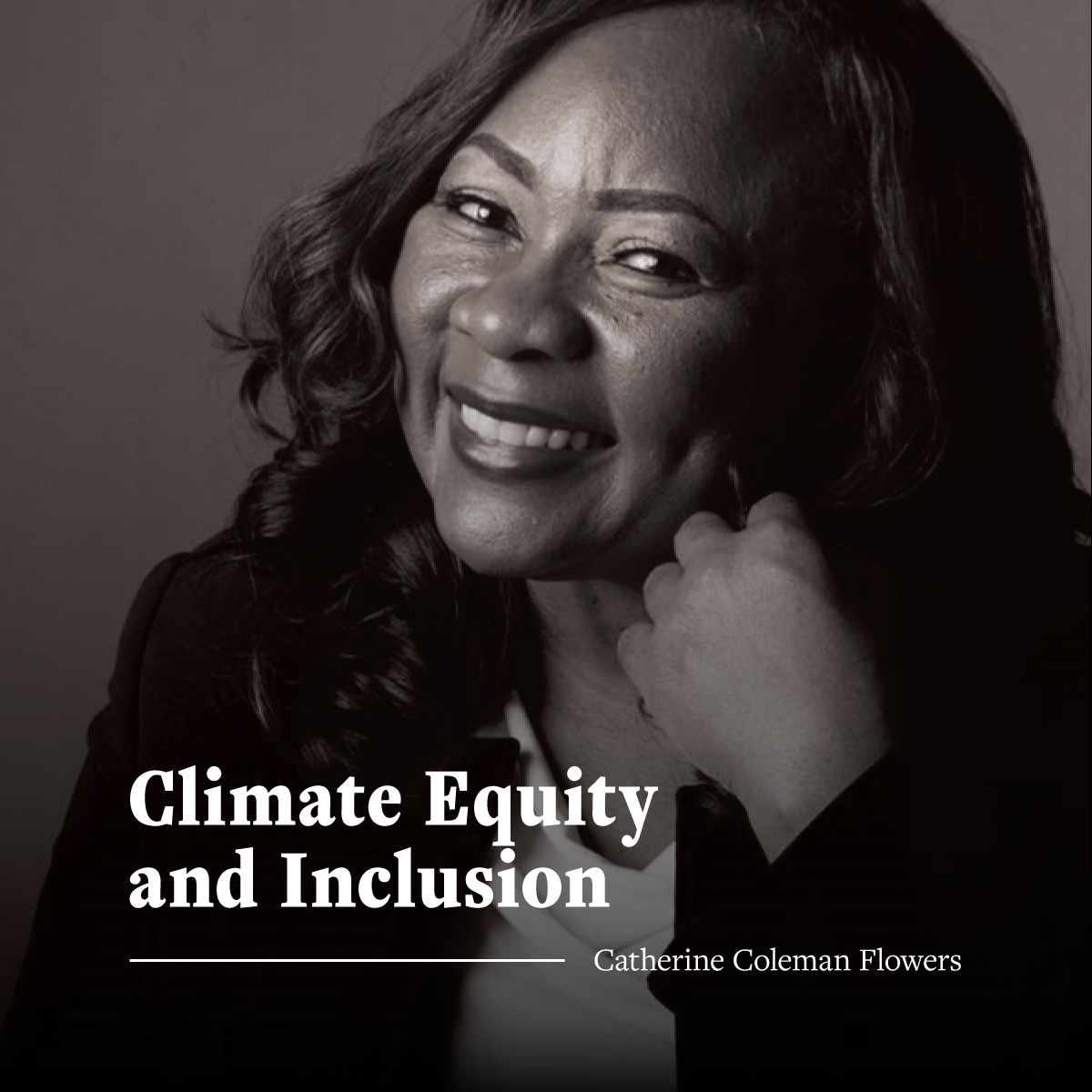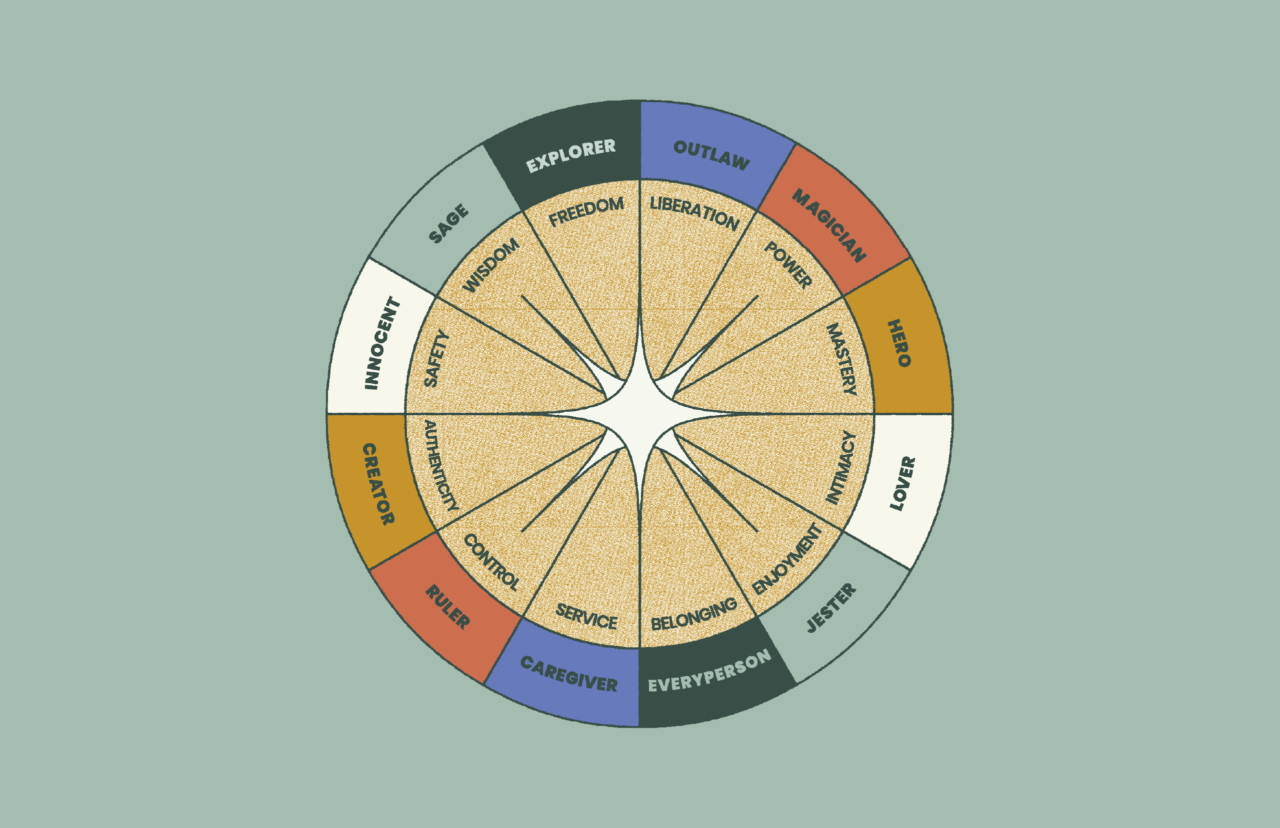Posted 10.01.20
Stories of Climate Crisis
Black Authors Imagine the Future
What Is Cli-Fi?
Cli-Fi, or climate change fiction, explores our climate change and its consequences in a fictional landscape.
Read –
Book: Parable of the Sower
This cli-fi classic (published in the 1990s and set in the 2020s) follows a woman possessed of “hyperempathy” who founds a new belief system in a collapsed society.
Book: Salvage the Bones
By:Jesmyn Ward
This National Book Award winner follows a family as they prepare for Hurricane Katrina and experience its aftermath.
Book: The Fifth Season
By:N.K. Jemisin
The first book in a Hugo Award winning series set on a planet that experiences catastrophic climate change every few centuries in the form of a “fifth season.”
Book: Who Fears Death
Set in an imagined, post-apocalyptic Africa, this novel follows a woman as she changes her world through her magical abilities.
Book: An Unkindness of Ghosts
On a generation ship built on slavery, a healer must discover and complete her mother’s work. This novel has been lauded for its originality and the portrayal of its genderqueer and neuroatypical protagonist.
Posted 09.18.20
Why Racism Needs to be a Part of the Discussion around Climate Change
With the recent wildfires destroying millions of acres on the west coast, climate change is at the forefront of our minds. However, when discussing climate change, race needs to become a more regular part of that conversation. Black and Hispanic populations are disproportionately affected by climate change, compared with their white counterparts.
Low income and underfunded neighborhoods comprised of Black and Hispanic communities bare the largest brunt of climate change’s impact, despite wealthy communities and corporations having a larger carbon footprint. Additionally, Black environmentalists are rarely given a voice let alone funding to combat climate issues.
Read –
Article: The Black Climate Scientists and Scholars Changing the World
By:Sophie Hirsh
Pull Quotes:
“The most peculiar aspect of climate change is that the populations that contribute least to the problem of climate change are most likely to feel its impacts. Such disproportionality makes it a serious social justice issue.”
— Professor Robert D. Bullard
Climate Change and Environmental Justice: A Conversation with Dr. Robert Bullard
Iowa State University
“Let’s take a holistic approach inspired by ecosystems. Let’s value human diversity as much as we do biodiversity. Let’s think about the world we want to live in, and how we can build it, together.”
— Ayana Elizabeth Johnson
We Can’t Solve the Climate Crisis Unless Black Lives Matter
Time
“A truly inclusive green future acknowledges the needs and voices of all living at the frontlines of climate change — rural communities, the poor, and people of color as well as polar bears and melting ice caps.”
— Catherine Coleman Flowers
Climate Equity and Inclusion
World War Zero
